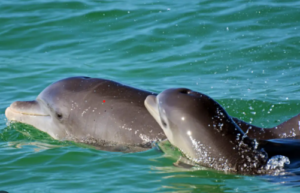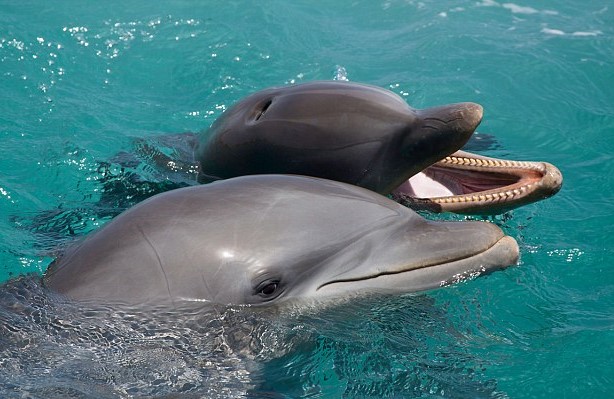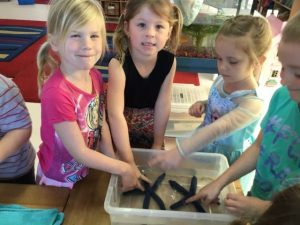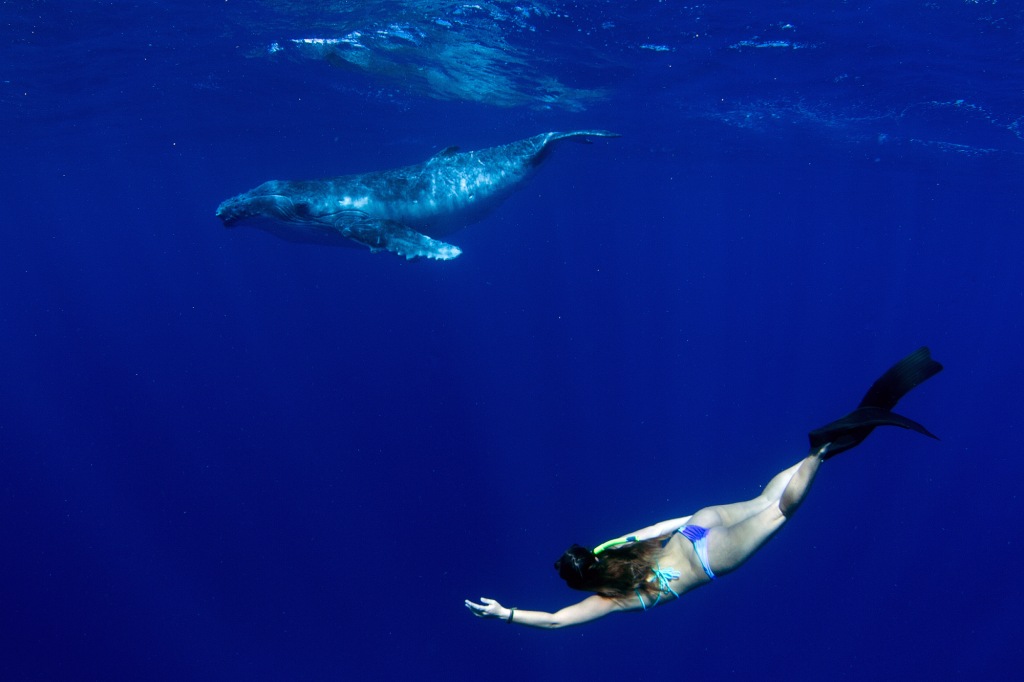Dolphins, with their playful nature and remarkable intelligence, have long captivated the human imagination. Among the many mysteries surrounding these marine mammals, one question stands out: Can dolphins talk? In this blog, we delve into the fascinating world of dolphin communication, exploring the complexities of their language, the methods they use to convey messages, and what researchers have uncovered about their extraordinary ability to communicate.
The Complexity of Dolphin Communication
Dolphins are renowned for their intricate social structures and sophisticated communication skills. While they may not communicate in the same way humans do with spoken language, they possess a complex system of signals, sounds, and behaviors that allow them to convey information and establish connections within their pods.
Vocalizations
One of the most well-known aspects of dolphin communication is their use of vocalizations. Dolphins produce a wide range of sounds, including clicks, whistles, and pulsed calls. These sounds serve various purposes, from echo-location for navigation and hunting to social interactions and group coordination. Each dolphin has its signature whistle, similar to a human name, which helps individuals recognize and communicate with one another.
Body Language 
In addition to vocalizations, dolphins rely heavily on body language to convey messages. Their movements, gestures, and postures play a crucial role in communication, facilitating interactions such as mating displays, aggression, and play behavior. Observing the subtle nuances of dolphin body language can provide valuable insights into their social dynamics and emotional states.
Understanding Dolphin Communication
While scientists have made significant strides in decoding dolphin communication, there is still much we have yet to uncover. Studying dolphins in their natural habitat, researchers employ a variety of techniques, including acoustic monitoring, behavioral observations, and cognitive experiments, to gain a deeper understanding of how these animals communicate. Click to listen to a dolphin whistle.
Challenges and Future Research
Despite advancements in the field, studying dolphin communication presents numerous challenges. Dolphins inhabit vast oceanic environments, making it difficult to conduct controlled experiments and gather data consistently. Additionally, deciphering the meaning behind their vocalizations and behaviors requires careful analysis and interpretation.
Looking ahead, future research holds promise for unlocking the mysteries of dolphin communication. Emerging technologies, such as underwater recording devices and artificial intelligence algorithms, offer new avenues for studying dolphin vocalizations and behaviors in greater detail. By combining interdisciplinary approaches and collaborative efforts, scientists aim to unravel the secrets of dolphin communication and gain insights into the complexity of non-human languages. Find out about dolphin research in Australia.
Conclusion
In the realm of animal communication, dolphins stand out as one of the most intriguing and enigmatic species. While the question “Can dolphins talk?” may not have a straightforward answer, the evidence suggests that these intelligent marine mammals possess a rich and complex system of communication that enables them to thrive in their oceanic world. By continuing to study and appreciate the intricacies of dolphin communication, we gain a deeper appreciation for the remarkable diversity of life on Earth.
A Note on Conservation
Dolphins worldwide need protection from human impacts such as over fishing, pollution, loss of habitat, and decreased health. It is up to all of us to make a change for the benefit of dolphins, humans and our ocean and wonderful planet. If you live on the coast like we do, you can make a difference straight away by not littering beaches and taking care if travelling by motor boat. Click here to find out how else you can take action to protect dolphins.
Our Programs
We will work with you to ensure that our programs are tailored to suit your needs.
Click here to learn about our inspirational programs.
Useful links
Dolphin Conservation Australia




 We always knew they had that certain something, that undefinable “star quality” that has everyone asking for more… and now it seems Nine News Sunshine Coast agrees with us.
We always knew they had that certain something, that undefinable “star quality” that has everyone asking for more… and now it seems Nine News Sunshine Coast agrees with us.

